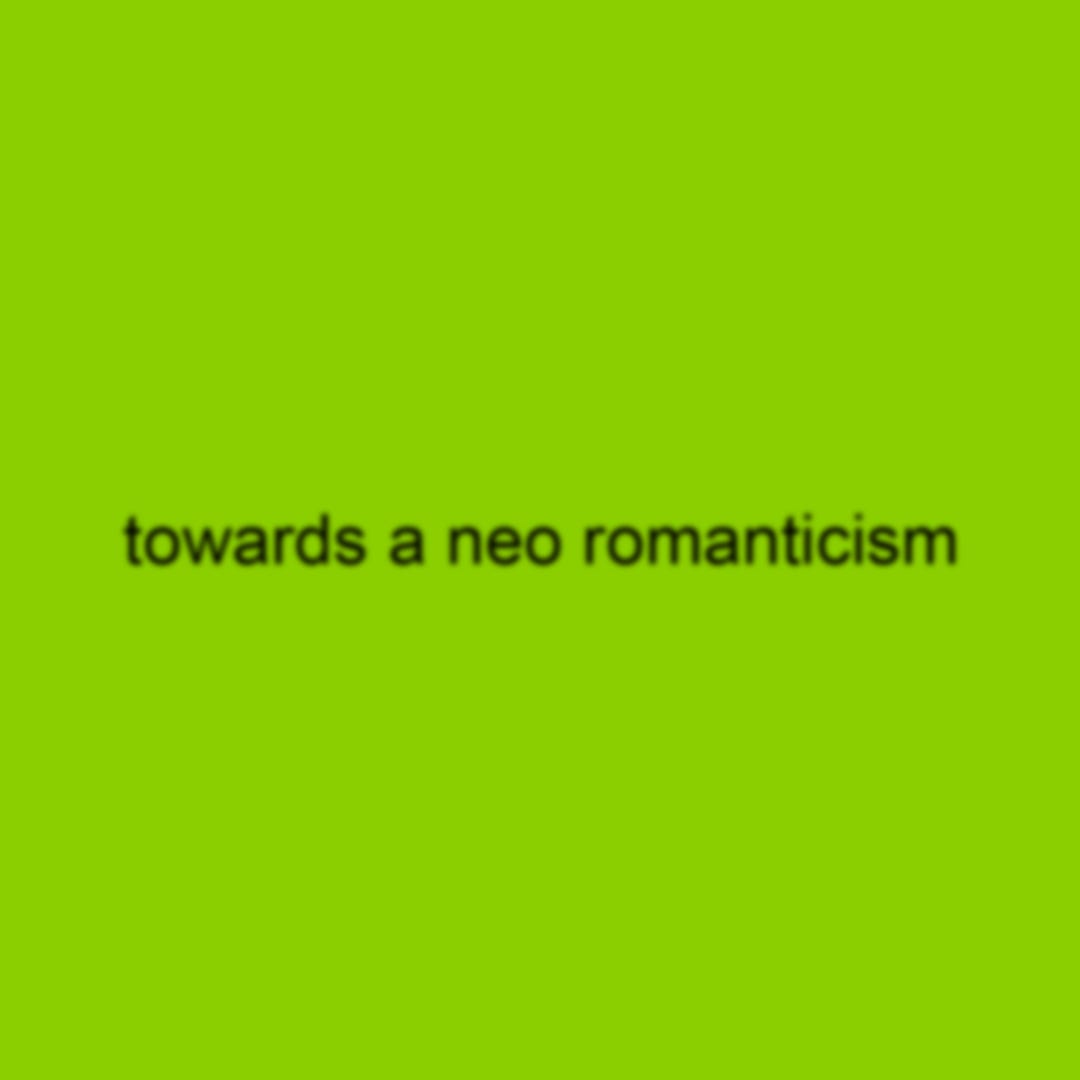The Cure for a Soulless Timeline
AI can do a lot. But it can’t do this.
“The gods envy us. They envy us because we’re mortal—because any moment might be our last. Everything is more beautiful because we’re doomed. You will never be lovelier than you are now. We will never be here again.”
—Achilles in Troy (sampled by $uicideboy$)
We’ve been hearing this idea of a New Romanticism popping up here and there more frequently. In e…




